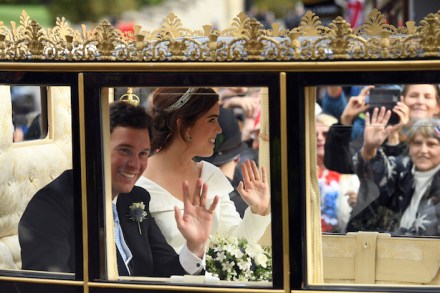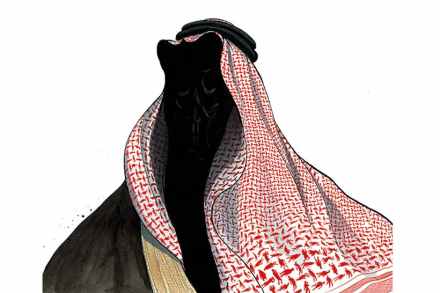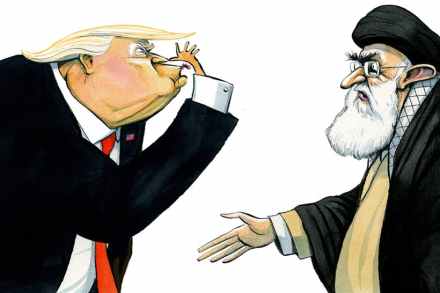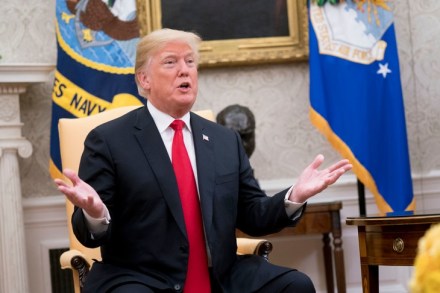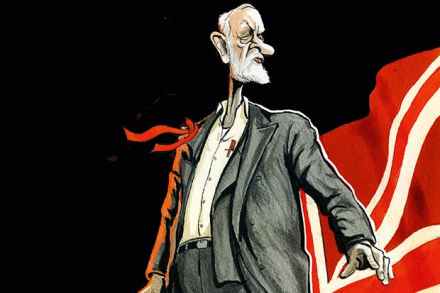It’s the last chance to save the planet – until next time
‘Final call to halt “climate catastrophe”’, said the BBC’s website, covering the ‘special report’ of the Intergovernmental Panel on Climate Change after its meeting in South Korea. It won’t be the final call, though. Every IPCC conference is the ‘last chance to save the planet’, according to its promoters. What is more interesting is the way news organisations are gradually downgrading this story as the years pass. Even the BBC website did not put it top, at least by the time I looked early on Monday evening. Going to the Derby for the first time as a boy, I noticed a gloomy man in a bowler hat walking slowly through



